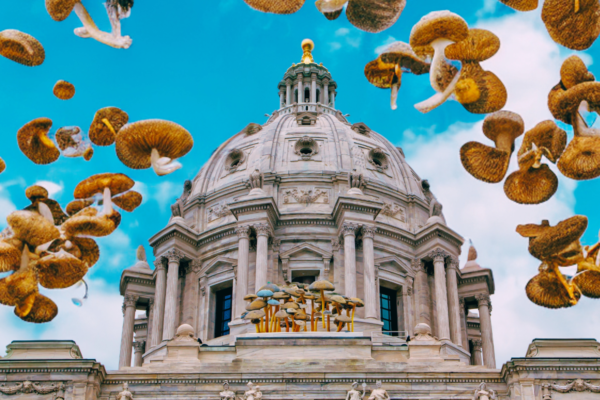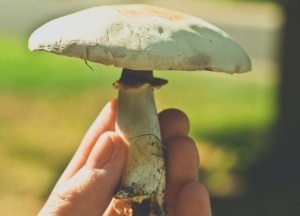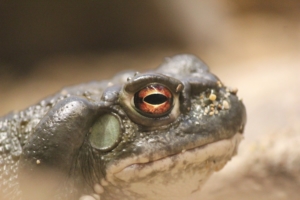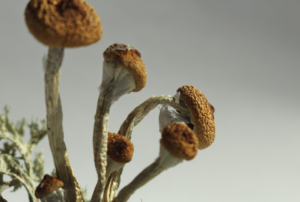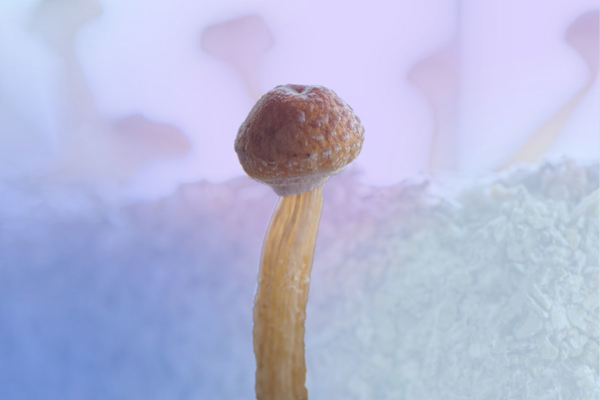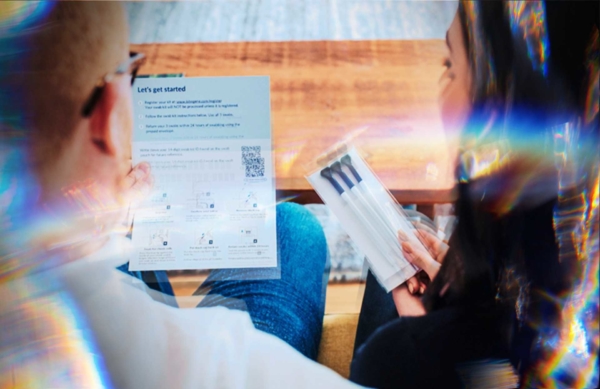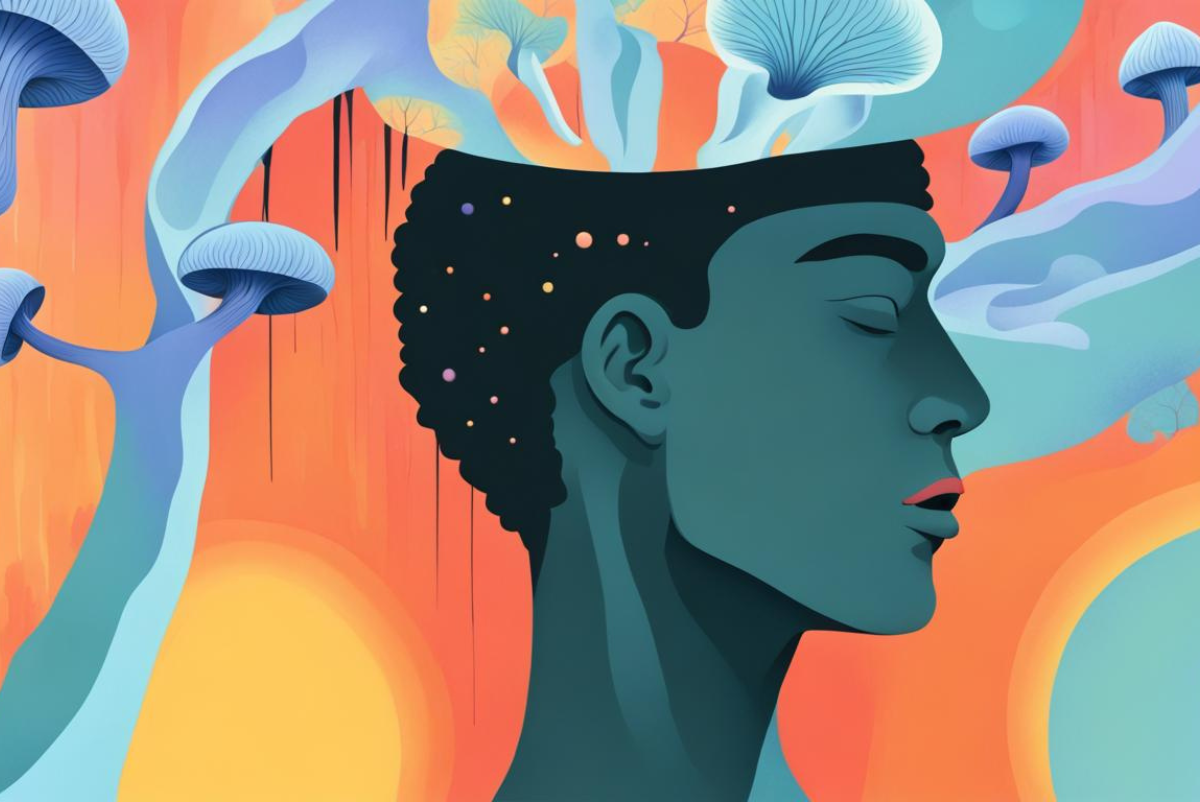
RESEARCH
New Study Says LSD and Psilocybin Could Outperform Opioids for Pain, Without Developing Tolerance
A recent study published in the South African Medical Journal implies that classic psychedelics, such as LSD and psilocybin, may be far greater alternatives to opioids for pain management, with the potential to surpass their efficacy over time.
The theory is based on nerve pain research which indicates that serotonin-targeted drugs, like psychedelics, when taken repeatedly, may increasingly alleviate pain malaise, in stark contrast to opioids. The explanation underscores the fact that emotional and psychical pain are interconnected, specifically in individuals who suffer from nociceptive conditions, where glitches in the nervous system processing can become largely responsible to intense pain.
Scientists posit this based on nerve pain research showing that 5HT1A-targeted drugs increase pain relief with repeated use, sharply contrasting with opioid effects. Opioid tolerance often transforms into disastrous addictions, as people take higher and higher doses in pursuit of the same result.
FM patients regularly take opioid drugs seeking relief, even though clinical evidence calls the practice a “cautionary tale.”
Opioids are not only ineffective for fibromyalgia, but patients generally fare worse than those on non-opioids. Not to mention, traditional painkillers explicitly fail to address pain’s experiential and psychological dimensions.
Read more here.
Phase 2 Psilocybin for Major Depressive Disorder Trial Shows 79% Remission Rates After Two 12mg Doses
Earlier this year, Cybin reported interim results from their Phase 2 synthetic psilocybin clinical trial for the treatment of Major Depressive Disorder. The results showed remarkable and rapid reduction in depression symptoms compared to traditional antidepressants three weeks after a single dose of their next-gen psilocybin. This week, the company reported more topline data from their CYB003 study, including the effect of giving a second dose. Remarkably, after six weeks and two 12 mg doses of the drug, the remission rate rose from 20% to 79%, demonstrating that consecutive administration sessions in a short period of time drastically improve results. Cybin also included a 16-mg dose cohort, covering 24 people on CYB003 and 10 patients on placebo, showcasing “rapid and large improvements in symptoms of depression observed after a single dose of CYB003.” However, the difference between the single dose of the 12 mg cohort and the 16mg cohort was only 2%.
Let’s briefly unpack these results, and explore some underlying implications about how this may impact patients who need to sell an arm and a leg for this type of treatment. Current legal medical facilities in Oregon can cost up to $3,500 for a single 3.5g administration of psilocybin. Given that more and more clinical trials are hinting at the fact that a second dose may be critical, the data suggests that in the current therapeutic model, for patients to achieve sustained long-lasting results, they would need to extract the “magic” from these mushrooms and summon money growing trees. Too bad Hogwarts isn’t real, right? Regardless, Cybin’s results will be placed on the pile of evidence that demonstrates psilocybin’s efficacy, safety and tolerability in treating MDD which can influence policy makers and facilitate decriminalization measures.
Read topline data here.
A Single Dose of Ketamine Shows Significant Reduction in Anxiety
Hartland and colleagues conducted a systematic review and transdiagnostic meta-analysis that investigated the effects of a single dose of ketamine on anxiety in randomized placebo-controlled trials (RCTs). The researchers looked at RCTs that involved adults who suffered from anxiety disorders or anxiety symptoms measured in the context of mood disorders and chronic pain. After a review of 309 publications, the data demonstrated that “ketamine was associated with significant reduction in anxiety with a large effect size.” What is noteworthy is that the review showed a positive correlation between changes in anxiety and depression after 24 hours, after 7 days, and after 14 days. The researchers did however emphasize that most studies lacked detailed information about their methodology, hinting at potential bias. Nonetheless, although additional research is needed, if we add the number of positive ketamine clinic patient reviews to the data, it would be difficult to deny that ketamine may have anxiolytic effects.
Read more here.
Early MEAI Trials Show Promising Weight Loss and Metabolic Disorder Results
For those currently scratching their heads wondering what the heck is MEAI, worry not. MEAI is a new psychedelic compound (5-methoxy- 2-aminoindane) that was first used as a recreational drug. With some irresponsible usership in its early days, initial users saw a potential to prevent binge drinking. In these anecdotal cases, when individuals consumed MEAI with alcohol, they stopped wanting to drink altogether. Clearmind, biotech company focused on discovery and development of novel psychedelic-derived therapeutics, acquired the patents for MEAI and significantly expanded its intellectual property to 6 patent families related to the drug, including alcohol use disorder, binge eating, and depression.
This week, the company announced positive results from its weight loss and metabolic disorder program tested on a total of 84 animals which received single treatment doses ranging from 40, 20, 10, 5, 1, to 0.5 mg/kg of MEAI with or without a constant PEA dose of 25 mg/kg. The compound not only demonstrated a remarkable degree of tolerance across all experimental groups, but it also showed “a striking reduction in food consumption (appetite) and meal sizes” mainly at 40 and 20 mg/kg of MEAI, and indicated an increase in metabolic process and fat burn.
In an interview with Psychedelic Spotlight earlier this year, Mark Haden, former Executive Director of MAPS Canada (Multidisciplinary Association for Psychedelic Studies) described MEAI as an “enough switch” in the brain, putting further desire for alcohol or cocaine and food to a halt. Clearly, a lot more research is needed before this non-hallucinogenic drug can hit the streets. That being said, contrary to other psychedelics, it is totally possible for MEAI to be available through prescription. However, an over-the-counter option for those needing an extra push to reduce alcohol consumption or binge-eating would be even better, right?
Read study results here.
POLICY
Colorado State Officials and First Responders to Be Trained to Differentiate Bad Trips from Medical Emergencies
Imagine a dispatcher receiving a call from individuals who are undergoing a bad trip and who are attempting to explain that their hands are on fire or that they’re being attacked by giant spiders. Without some education on the subjective effects of psychedelics, and without asking the right questions, the dispatcher may certainly be left with the impression that this person is experiencing psychosis.
A year after the approval of Proposition 122 which legalized medical use of psilocybin and decriminalized personal use of several psychedelics, the Colorado Department of Revenue’s new Natural Medicine Division (NMD) has been tasked to license and regulate psilocybin production and sales. However, these are not the department’s only duties. The NMD is also responsible for drafting guidelines for law enforcement and medical professionals responding to incidents related to psychedelic use.
This means that the division is tasked to collaborate with first responders such as police officers, paramedics, dispatchers, mental health professionals and even veterinarians, which should be trained to recognize the difference between a medical emergency like psychosis and a simply challenging trip. Training first responders to differentiate the two is certainly not a bad idea. After all, education is key.
Read more here
Washington Organizers Push to Decriminalize Psychedelics in Six Local Jurisdictions
After early efforts to decriminalize psilocybin in the state were limited to a pilot program for mental health, Washington State advocates are planning to retry to enact a state-level psychedelics reform in the upcoming legislative session. However, for now, the organizers of six local communities including, Olympia, Bellingham, Spokane and Tacoma as well as King and San Juan counties, are focusing their efforts to pass psychedelic measures.
The local groups, which are still in the process of formulating draft legislation, are seeking inspiration from the psychedelics decriminalization measures enacted by Seattle and Port Townsend officials in 2021, along with Jefferson County’s resolution in favor of decriminalization passed in May this year.
Read more here.
CULTURE
The Psychedelic Renaissance Crafts Environmentally-Conscious Minds
Anyone who has gone to psychedelic-assisted jungle therapy in Jamaica, or who’s tripped near water or anywhere in nature may potentially agree with the idea that their connection to Earth has amplified. This phenomenon is greatly covered in a sea of anecdotal reports on Reddit, and even in some psychedelic studies.
According to the founders of The Journeymen Collective, a Canadian startup offering guided psilocybin journeys to high-level executives and professionals seeking to “connect deeply into Self” and “amplify their multi-dimensional awareness,” clients often resurface with a newborn protective feeling of the planet. Sometimes, the reported outcomes include a commitment to environmental responsibility and a more sustainable lifestyle, with clients opting for organic foods or growing their own garden.
Some scientific studies, such as the one published in the Journal of Psychopharmacology in 2017, back these anecdotal claims. According to research, classic psychedelics like psilocybin, LSD and mescaline are linked to “elevated pro-environmental” behaviors. Another study hints at a positive link between lifetime psychedelic use and a heightened bond with the environment, especially for those who have experienced ego death.
Given that psychedelics are non-specific amplifiers, it’s quite possible that the greater affinity to nature is simply due to an individual’s repressed beliefs and guilt that have emerged during the psychedelic journey. Let’s also not disregard the significant role that that intention plays in shaping the course of the psychedelic experience. Regardless of the factors at play, those who have emerged from their journeys and who have successfully reconciled with their pro-environment self will inadvertently see themselves growing more conscious of their environmental choices.
Read full story here.
